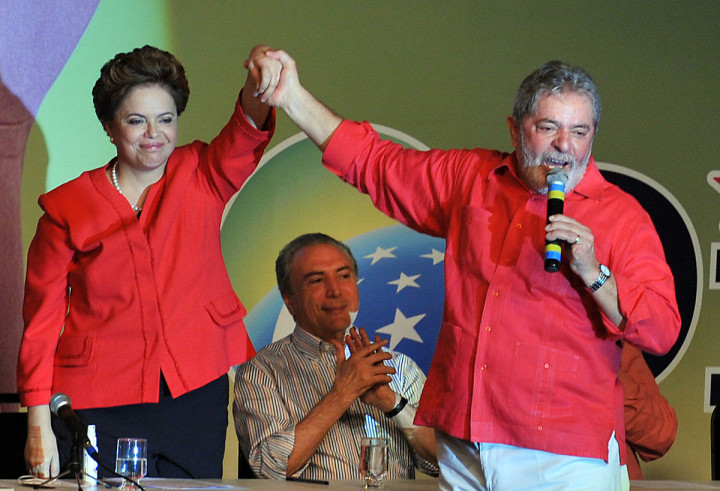Brazilian House Speaker Eduardo Cunha, who is behind the ferocious campaign to impeach President Dilma Rousseff, has himself been found to be under suspicion that he carried out shady deals in the past. He is named in the Panama Papers for receiving bribes linked to offshore companies with links to Petrobras, the state oil company descending into mayhem via a cascade of scandals.
Cunha, a member of the Brazilian Democratic Movement Party or PMDB that was part of the governing coalition with Rousseff’s Workers’ Party until last week’s breakup, received bribes allegedly funded by Portuguese business mogul Idalecio de Castro Rodrigues de Oliveira. According to the leaks published by Caribflame , Oliveira owned a conglomerate of 14 companies registered in the British Virgin Islands from 2003 to 2011.
The same newspaper reports that The Brazilian vice president Michel Temer, leader of the Brazilian Democratic Movement Party, or PMDB, who was thought to replace Dilma Rousseff in case the President’s impeachment process went successfully ahead, faces also impeachment charges, following his political party’s withdrawal from the governing coalition.
“An impeachment petition was submitted by Brazil’s former minister of education, Cid Gomes, on Friday against the Brazilian Vice President, which left the government coalition this week. Gomes told reporters his impeachment motion was based on the accusations alleging his involvement in the Petrobras corruption ring, suggesting he may have received an illicit payout of US$1.4 million. “It has been revealed that Temer received a payment worth 5 million reais (US$1.4 million), which is highly suspicious,” read the document given by Gomes.” Caribflame
Attempts to bring down Rousseff’s governments coincide with the campaign to do the same with other progressive governments of Latin America in what has been called a Plan Condor by Media that echoes the 60’s Plan Condor that deposed democratically elected governments and imposed US friendly military dictatorships that conducted a campaign of terror over the population.
The operetta-like campaign of impeachments and counter-impeachments reflects, however ridiculous, the serious problems that a large part of the population are exposed to such as poverty and inequality, in spite of improvements achieved by the last two governments. The economy is faltering and the Petrobras scandal has been a contributor, also unmasking high levels of corruption at all levels. This has been taken advantage of by Rousseff’s and Lula’s enemies, polarising the whole country but also making the population aware that antidemocratic forces are at work.






